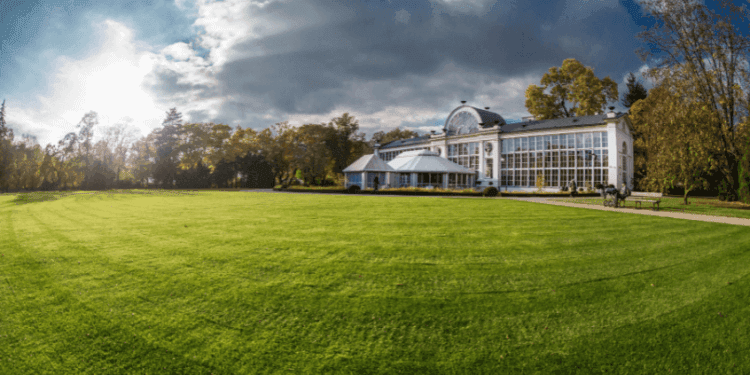When it comes to creating a lush, green lawn, the type of grass seed you choose plays a major role in your success. While all grass may seem the same at first glance, different types of seeds can significantly impact your lawn’s appearance, durability, and growth. From Kentucky Bluegrass to Ryegrass and beyond, educating yourself on the various grass seed options can ensure you’re making the best choice for your unique climate and needs.
Kentucky Bluegrass
Kentucky Bluegrass is a favorite among homeowners looking for a dense, attractive lawn. Known for its soft texture and deep green color, this type of grass thrives in cooler climates and can withstand heavy foot traffic, making it a great choice for families with active kids or pets. One of its standout features is its ability to recover from damage, meaning bare spots often fill in on their own. However, it does require more maintenance, such as regular watering and mowing, to maintain its beauty.
Perennial Ryegrass
Perennial Ryegrass is another popular choice, especially for those seeking quick growth. It germinates faster than many other types of grass, making it a good option for overseeding or establishing a new lawn quickly. Ryegrass is known for its fine texture and shiny green blades, and it’s often used in cooler climates. One thing to consider is that it may not tolerate extreme heat well, so it’s better suited to moderate temperatures or regions with cooler summers.
Tall Fescue
Tall Fescue is a hardy grass that’s perfect for homeowners who live in areas with hot summers and cooler winters. This type of grass is more drought-resistant than Kentucky Bluegrass seed and Ryegrass, making it ideal for regions with inconsistent rainfall. Its deep roots allow it to access water more efficiently, reducing the need for constant irrigation. Fescue is also known for its thick blades, which provide excellent coverage and can help prevent weeds from taking over.
Bermuda Grass
If you live in a warmer climate, Bermuda Grass is a go-to option. This grass loves full sun and can withstand high temperatures, making it popular in southern regions. It’s also incredibly durable, so it’s often used in high-traffic areas like sports fields and parks. Bermuda Grass has a medium texture and bright green color, but it can go dormant during cooler months, turning brown in the winter.
The Importance of Knowing Your Grass Seed
Choosing the right grass seed isn’t just about picking what looks good. Each type has its own set of requirements, from water and sunlight needs to durability and resilience. By educating yourself on the various types, you can:
- Save Time and Money: Knowing what your lawn needs can prevent you from spending time and money on the wrong seed or excessive maintenance.
- Promote Sustainability: Understanding the best grass for your climate can reduce water waste and energy spent on upkeep.
- Create a Healthier Lawn: Different grasses have different disease resistance and maintenance requirements. The right choice will help you grow a stronger, healthier lawn.
A beautiful lawn starts with the right grass seed. By taking the time to learn about your options—whether it’s the soft and durable Kentucky Bluegrass or the drought-tolerant Tall Fescue—you’ll set yourself up for long-term success. And that knowledge? It’s the key to a yard that stays green, healthy, and resilient year-round.




